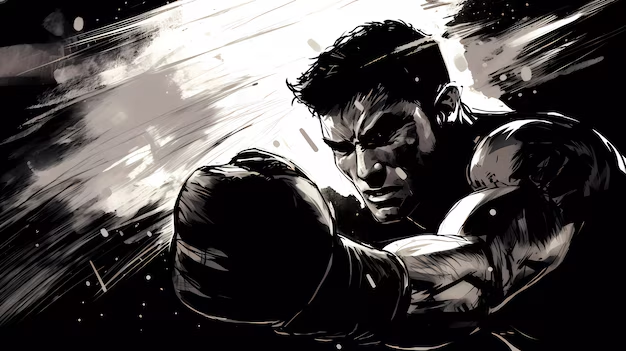Bruce Lee: A Timeless Icon in Martial Arts and Cinema
Bruce Lee, born Lee Jun-fan on November 27, 1940, in San Francisco, California, remains a global symbol of martial arts and personal empowerment. Even though his life was cut short at the age of 32, his influence on film, philosophy, and martial arts continues to resonate worldwide. He is often regarded as the most influential martial artist of all time.
Early Life and Training
Bruce Lee was introduced to martial arts by his father and furthered his training in Wing Chun under the legendary Ip Man. His passion for martial arts blended seamlessly with his ambition to push physical and mental boundaries. After returning to the United States, Lee began to integrate various martial arts styles, laying the foundation for Jeet Kune Do, his personal philosophy and martial arts approach.
Hollywood Breakthrough
Lee’s early years in Hollywood were challenging due to racial stereotyping, but his undeniable talent could not be overlooked. His breakout roles in TV shows like “The Green Hornet” and films such as “The Big Boss” (1971) and “Fist of Fury” (1972) helped redefine martial arts in Western cinema. He shattered the misconception that martial arts films were just about violence; instead, he introduced audiences to the philosophical depth that accompanies martial arts mastery.
Jeet Kune Do: The Art of No Limitation
Bruce Lee’s development of Jeet Kune Do represented his philosophy of martial arts as a fluid, ever-evolving practice. Rather than conform to a rigid system, Lee believed that martial arts should be adaptive and personal. His famous quote, “Be water, my friend,” epitomized his belief in flexibility and adaptability. He encouraged martial artists to absorb what is useful, discard what is not, and add what is uniquely their own.
Cultural Impact
Bruce Lee’s influence extended far beyond the martial arts community. He challenged Western stereotypes of Asians in cinema, portraying strong, independent characters who stood up against oppression and injustice. His charisma, discipline, and spiritual approach to martial arts made him a role model for people around the world.
His iconic film, “Enter the Dragon” (1973), solidified his legendary status and bridged Eastern and Western cinema. This film has since become one of the most significant martial arts movies of all time.
Legacy and Philosophy
Lee’s philosophy centered around personal growth, self-expression, and perseverance. His dedication to fitness, mental sharpness, and spirituality inspired countless individuals to pursue not just martial arts but a deeper understanding of themselves. His influence on modern-day mixed martial arts (MMA), fitness culture, and even life coaching is profound.
Timeless Inspiration
Though Bruce Lee passed away in 1973, his legacy has only grown stronger over the decades. Martial artists, athletes, actors, and motivational speakers all point to Lee as a source of inspiration. His quotes, such as “Knowing is not enough, we must apply. Willing is not enough, we must do,” serve as guiding principles for anyone striving for excellence.
In many ways, Bruce Lee’s philosophy is more relevant today than ever. In a world of constant change, his message to be flexible, adaptive, and true to oneself continues to inspire.
Conclusion
Bruce Lee’s contribution to martial arts, film, and philosophy will forever be remembered. His life was a testament to the power of perseverance, innovation, and self-belief. Though his time on this Earth was short, his influence is timeless.
Read Also: Ac22bp0y181-51c8 datasheet


